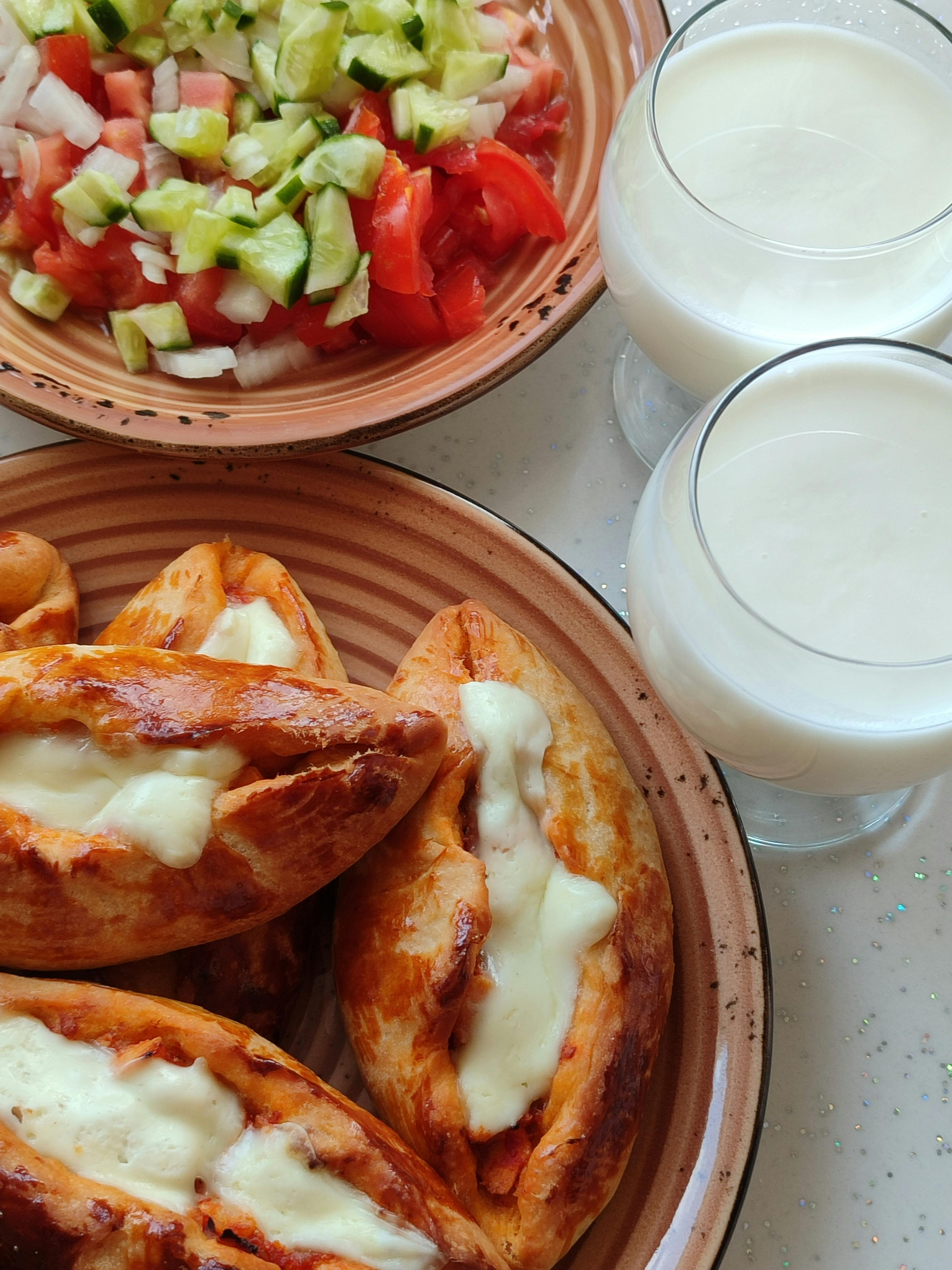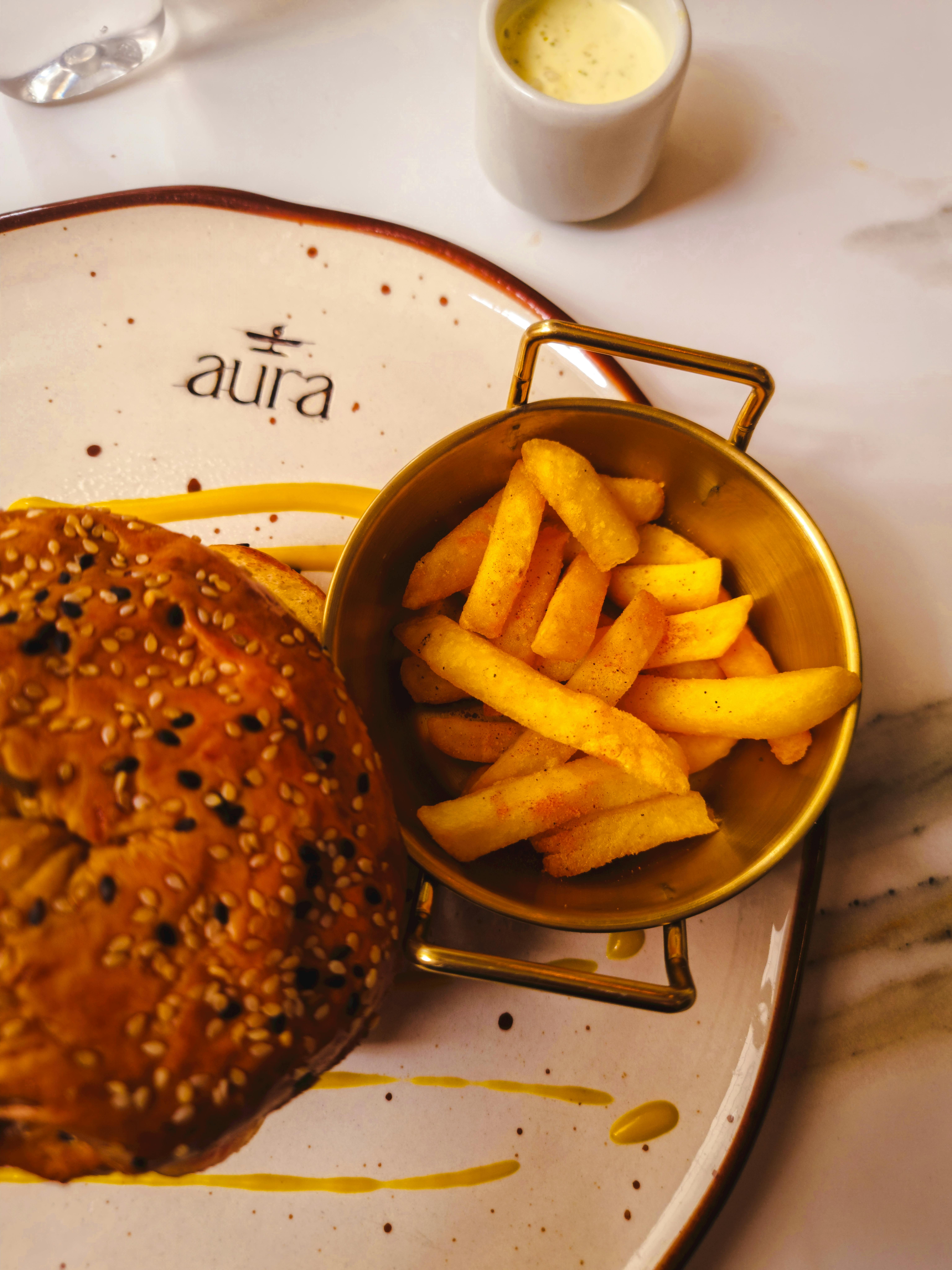
Apply Now


Smart Ways to Improve True Foods for a Better Health in 2025
Understanding the Importance of Healthy Foods
Healthy foods lay the foundation for a robust diet that promotes long-term wellness. As we look toward 2025, integrating nutritious meals such as whole foods and superfoods will be crucial in combating widespread health issues like obesity and chronic diseases. By emphasizing organic food and clean eating principles, individuals can enhance their nutritional intake while consciously making dietary choices that resonate with sustainable eating practices. The quest for balance in our meals requires awareness and education about what constitutes healthy eating. Families, especially those aiming for healthy breakfast ideas and balanced meals, can benefit significantly from a good understanding of seasonal foods and how they can enhance nutrient density. When we choose fresh produce and include heart-healthy fats in our diets, we prioritize not just personal health but also the wellbeing of the environment by supporting local farmers and community-supported agriculture. Moreover, understanding food habits and applying mindfulness in eating can lead to effective weight management. With the rise of fitness nutrition and cooking techniques that promote healthy, delicious meals, you'll find that making smart dietary choices is not only beneficial but can also be enjoyable.Choosing Nutrient-Dense Options for Your Family
To cultivate a diet rich in healthy foods, focusing on nutrient-dense options is essential. This means choosing foods that pack a lot of nutrients into fewer calories. Incorporating whole grains, lean meats, and a variety of fruits and vegetables reflects a balanced diet and meets the criteria laid out in dietary guidelines for optimal health. Consider investing time in meal planning tips to prep your meals ahead of time. This can include making quick snacks or planning family-friendly recipes that are easy to prepare and cater to different taste preferences. Employing quick and easy healthy meals encourages families to maintain a clean kitchen while also fostering a sense of engagement with food. Also, experimenting with plant-based proteins such as lentils, chickpeas, and quinoa is an excellent way to diversify your protein sources without compromising on taste or nutrition. Meal prep techniques can aid significantly in making family meals that are not only nutritious but also deliciously satisfying.Leveraging the Power of Clean Eating
Building on the importance of nutrient-dense foods, clean eating revolves around prioritizing whole foods—those that are minimally processed and free from artificial ingredients. The 2025 dietary landscape will see a growing emphasis on foods that are not only nutritious but also closely aligned with ethical standards of food sourcing, addressing the rise of eco-friendly food practices. Cooking with herbs, for example, not only enhances flavor but also contributes health benefits through added vitamins and antioxidants. By swapping out processed foods with fresh, whole options, you can foster better energy levels and enhance your cooking experience with flavors and spices from natural ingredients. This transition to a clean eating lifestyle is supported by both nutrition science and the behavioral health of individuals and families alike. In terms of easy healthy meals, adopting gluten-free meals where necessary can also help those with dietary restrictions. These alternatives promote inclusivity in dining while ensuring that meals are flavorful and enjoyable for everyone.Incorporating Superfoods into Daily Routines
Superfoods, known for their high nutritional value, should be an integral part of your 2025 diet. Items like blueberries, kale, and chia seeds should be front and center in your pantry. Each comes with a wealth of benefits, including antioxidant-rich properties that foster immune-boosting capabilities. By focusing on these nutrient-dense options, individuals can enhance their overall wellness significantly. Additionally, integrating low-sugar snacks will not only satisfy sweet cravings but also contribute to maintaining stable energy levels throughout the day. Fine-tuning your family's food environment by incorporating superfoods will lead to better food choices and an enhanced appreciation for natural ingredients. As you explore the offerings of superfoods, consider investing in dietary supplements that can complement your meals. These can aid in bridging any nutritional gaps, especially for individuals with specific dietary needs.Maximizing Meal Prep Techniques for Success
With a robust understanding of nutrient-dense and clean foods, the importance of meal prep techniques cannot be overlooked. Utilizing practical food prep techniques will not only save time but also ensure that healthy eating habits are sustained throughout the week. From food tracking apps to organizing your shopping list for healthy eating, planning plays a pivotal role in maintaining a balanced diet that fits individual and family lifestyles. Making a habit of preparing meals on weekends can alleviate the stress of cooking during busy weekdays. Simple recipes can be prepared in batches, ensuring that there’s always a healthy option available. Prioritizing portion control will help in managing caloric intake, an essential component in weight management and healthy eating. Fresh herbs and cooking with different methods can enliven your dishes, making cooking at home an enjoyable activity rather than a chore. This sense of engagement with food can translate into effective dietary habits, leading to improved health outcomes.Utilizing Seasonal Foods for Maximum Flavor
Seasonal foods often provide the best flavor and nutritional value, as they are harvested at their peak ripeness. Engage with local farmers to discover what’s available in your area and incorporate these ingredients into your meals for a fresher taste. Eating seasonal not only promotes sustainability but also encourages you to explore new recipes and cooking methods that highlight unique flavors. In 2025, the emphasis will likely continue to grow on seasonal foods as people become more conscious of their environment and the sustainability of their eating habits. Engaging with seasonal ingredients can also lead to discovery in cooking; for example, swapping out meats for plant-based alternatives can give way to creative and delicious vegetarian recipes that the whole family will love. Adopting a seasonal approach enriches your diet with variety and ensures that you are consuming the freshest products available, ultimately fostering better health and awareness around food consumption and its impacts.Mindful Eating for Sustainable Health
Taking a mindful approach to eating not only complements the clean eating philosophy but also encourages individuals to develop a healthier relationship with food. Practicing mindful eating can lead to improved appetite management, helping individuals recognize their body's natural hunger cues and avoid overeating. Understanding food labels and being aware of sugars in foods and hidden ingredients can empower better food choices. Additionally, engaging with food can transform mealtime into a fulfilling experience, rather than just a necessary routine. Whether it’s through family meals or cooking with others, the social dynamics of eating can significantly enhance our enjoyment of food and promote healthier habits. In 2025, evolving lifestyle choices promote a dedicated focus on consuming foods that not only impact physical health but also emotional wellbeing. Strategies for healthy choosing, connecting to the emotional aspects of food consumption, can foster positive shifts in dietary behaviors. By prioritizing mental health alongside physical health, a comprehensive approach to nutrition becomes integral in ensuring overall wellness that nurtures both body and mind.Final Thoughts: Building a Healthy Future
As we look toward the future of nutrition in 2025, the integration of smart eating strategies, highlighting healthy foods, and advancing clean eating principles will be pivotal for well-being. By incorporating seasonal foods, nutrient-dense options, and mindful cooking techniques, individuals can pave a path toward healthier living. Embracing food education and making informed decisions regarding meal prepping, cooking methods, and social eating dynamics will not only support individual health goals but will also foster a community-centric approach to sustainable eating. With this roadmap, families can create a nurturing environment where everyone thrives on the health benefits of wholesome, true foods. Through innovation and dedication, we can ensure that our choices today lead to a healthier and happier community in 2025 and beyond.
